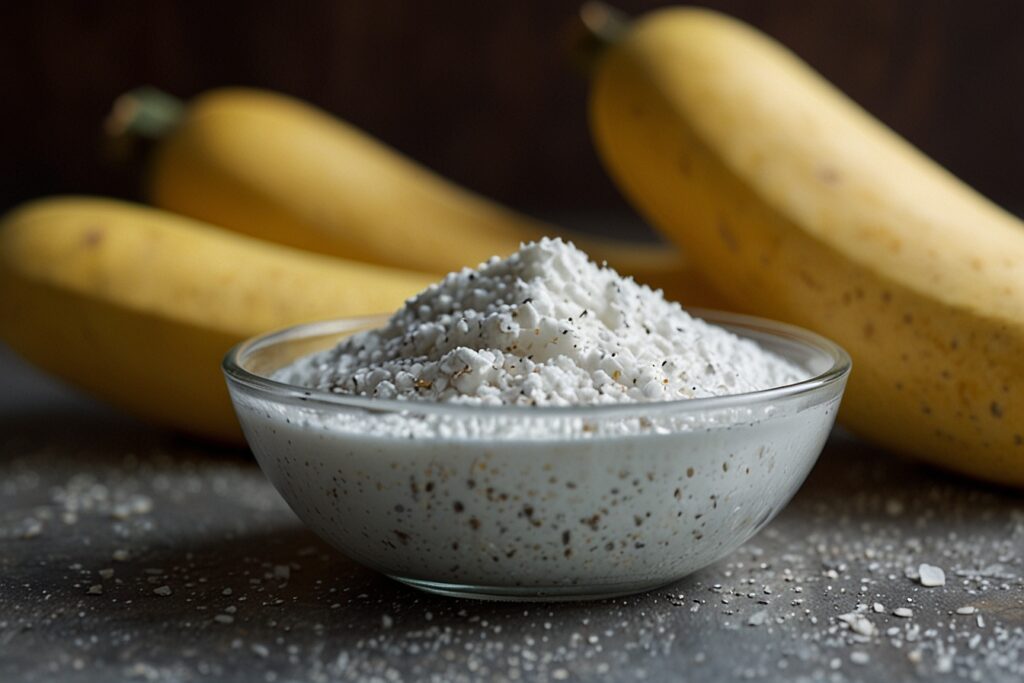Have you ever experienced grip lock—that frustrating moment when your hand refuses to open after gripping something tightly? Maybe after using a screwdriver for too long, lifting weights, or even just holding onto something for an extended period. This temporary loss of movement can be unsettling, making simple tasks feel impossible. While it might seem like a minor inconvenience, frequent episodes of grip lock could be a sign of an electrolyte imbalance, specifically a lack of potassium.
Why Do We Need Potassium?
Potassium is an essential mineral and electrolyte that plays a crucial role in regulating nerve function, muscle contractions, and fluid balance in the body. It is key to maintaining overall health, particularly in preventing muscle cramps, weakness, and even irregular heartbeats.
Many people unknowingly consume too little potassium, often due to diets high in processed foods or low in fresh fruits and vegetables. If you’ve been experiencing symptoms such as grip lock, muscle cramps, or fatigue, your body may be signaling a potassium deficiency, also known as hypokalemia.
Signs of Potassium Deficiency
A lack of potassium can manifest in various ways, making it important to pay attention to the following symptoms:
Common Symptoms of Hypokalemia:
- ✔️ Muscle cramps and spasms
- ✔️ Weakness and fatigue
- ✔️ Grip lock or temporary muscle stiffness
- ✔️ Heart palpitations
- ✔️ Tingling or numbness
If you’ve ever suffered from grip lock or any of the above symptoms, it may be time to consider increasing your potassium intake.
A Simple Remedy: Potassium Bicarbonate
One of the easiest and most effective ways to boost potassium levels is through potassium bicarbonate. This compound not only provides potassium but also helps neutralize acidity in the body. Unlike some potassium supplements that can irritate the stomach, potassium bicarbonate is gentle and can be easily added to your daily routine.
How to Use Potassium Bicarbonate
There are a few simple ways to incorporate potassium bicarbonate into your diet, so you can start feeling the benefits right away.
1. Add it to Your Coffee
A small pinch of potassium bicarbonate can help reduce the acidity of coffee, making it easier on your stomach while also replenishing your potassium levels. This is especially beneficial for people who experience acid reflux or stomach discomfort from coffee.
2. Mix it with Vitamin C in Water
Another refreshing way to boost potassium is by adding potassium bicarbonate to a glass of water with vitamin C (ascorbic acid). This combination creates a slightly fizzy drink that not only supports hydration but also aids in muscle function and energy levels throughout the day.
Why You Shouldn’t Overlook Potassium
By simply adding potassium bicarbonate to your daily routine, you might find that common issues like grip lock, muscle cramps, and fatigue become a thing of the past. Potassium is truly an unsung hero in maintaining optimal health. If you’ve been struggling with these symptoms, it’s time to take a closer look at your potassium levels and the positive impact they can have on your daily life.
Conclusion: Boost Your Potassium, Boost Your Health!
Potassium is essential for maintaining muscle function, nerve signaling, and overall energy. If you’re dealing with grip lock or other symptoms of potassium deficiency, potassium bicarbonate can be a simple yet effective remedy. Incorporate it into your routine, and you may just find a new level of comfort and vitality in your day-to-day activities!
Final Tip: Consult Your Healthcare Provider
Before adding any supplement to your routine, it’s always a good idea to consult with your healthcare provider to ensure it’s the right choice for your individual health needs.



